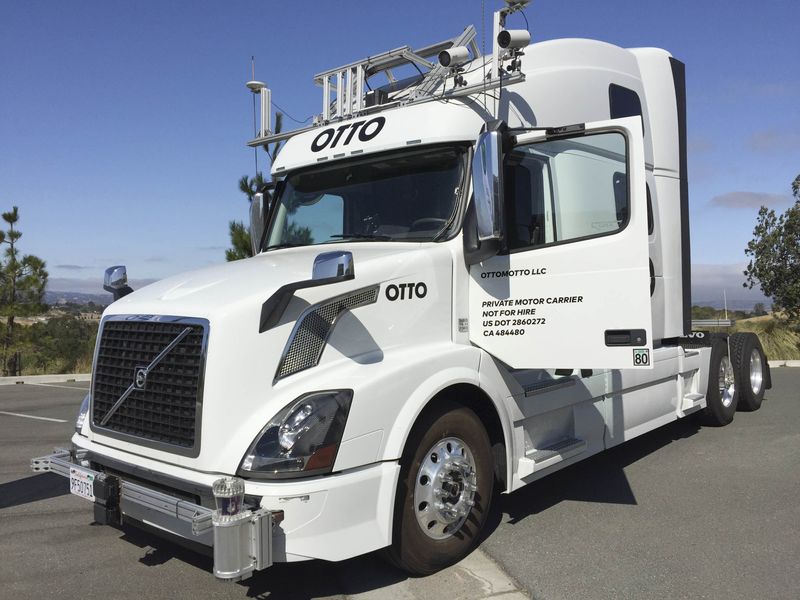(Reuters) – The California Department of Motor Vehicles on Friday issued draft regulations on the use of autonomous vehicles on highways, paving the way for self-driving trucks to start long-distance deliveries.
The state agency is planning a framework that will initially require safety drivers for both light and heavy operations.
The DMV will accept written feedback on the draft language until October 14.
WHY IT’S IMPORTANT
The draft regulations come at a time when autonomous driving technology is facing increased scrutiny from safety regulators over multiple crashes and crashes involving the technology.
If the regulations are approved, it could be a huge win for autonomous trucking startups, which are betting the technology will grow and advance, and would also threaten trucking jobs.
CONTEXT
Self-driving cars from the likes of Alphabet (NASDAQ:)’s Waymo and General Motors (NYSE:)’ Cruise have run afoul of regulators over incidents involving their autonomous vehicles.
A Waymo car struck a cyclist at an intersection in the city earlier this year, while a Cruise vehicle was involved in a serious accident in San Francisco last year, prompting the company to remove nearly a thousand cars from the road.
Autonomous trucks have had some success deploying large platforms along pre-planned routes to deliver goods. Companies like Waabi operate autonomous trucks with safety drivers on scheduled commercial routes, transporting freight for Uber (NYSE:) between Dallas and Houston, Texas.
THE REACTION
Reactions to the draft regulations have been mixed. The Teamsters union condemned the rules, saying they threaten jobs and public safety.
“The regulations are an insult to California workers, who already fear losing their jobs to automation,” said Teamsters CEO Sean O’Brien.
The Autonomous Vehicle Industry Association, on the other hand, welcomed the draft decision, saying it is “an important step for the future of California’s road safety and supply chain resilience.”

The draft comes a day after two autonomous vehicle safety bills passed the California Assembly. The bills would require human operators in driverless trucks and require manufacturers of autonomous vehicles to report vehicle collisions and traffic violations, among other things.
California Governor Gavin Newsom will have to sign the bills before they become law.


